Deep renovation for energy efficient residential buildings
Deep renovation for energy efficient residential buildings
As European buildings are responsible for 36% of CO2 emissions, the subject of deep renovation has become central to attain a climate-neutral EU by 2050. Hence, there is a compelling need for a new set of skills and knowledge to deliver deep renovation projects, that this course attempts to offer.
Introduction to the Sustainability series
This MOOC is part of the series on “Sustainability”, which is one of the world’s major challenges of today and tomorrow and requires multidisciplinary competences. The series provides technical knowledge on a variety of topics, such as sustainable building, energy transition, water management and food waste prevention.
See the full seriesCourse description
This course introduces the basics of deep renovation in residential buildings, though some modules apply to any kind of building. The student will be able to get a grasp of energy efficiency in buildings, and how to achieve a deep renovation project based on passive and active technologies.
This course is intended to teach and form a new generation of skilled practitioners for a sustainable built environment. It welcomes students of any built environment discipline and overall, to any professional in the construction sector (designers, engineers, architects, developers, contractors, facility managers).
To impact the uptake of the practice of deep renovation, the course has been framed within the European multilingual classification of Skills, Competences and Occupations ESCO, to ensure that the skills and knowledge on energy efficiency and deep renovation acquired in this course are identifiable across the European construction sector.
The course is delivered in video format, and the audios have been transcribed (in English) to facilitate learning accessibility and to allow flexible learning methods (ref. Universal Design for Learning principles).
Total workload of the course: 8 hours


The European Commission supports the production of this MOOC, as it constitutes a deliverable of the H2020 project 4RinEU - Robust and Reliable technology concepts and business models for triggering deep Renovation and residential Buildings in EU, Task 7.7 - Training and webinars for new generation of skilled practitioners. EC Grant Agreement Number: No 723829. The sole responsibility for the content of this publication lies only with the authors. It does not necessarily reflect the opinion of the European Union. Neither EASME nor the European Commission is responsible for any use that may be made of the information contained therein.
Intended Learning Outcomes
At course completion, the student will achieve different intended learning outcomes (ILOs).
-
Demonstrate energy efficiency intending both energy savings and indoor environmental quality in buildings
ESCO: thermodynamics ESCO: energy performance of buildings ESCO: energy efficiency
-
Envision and formulate a deep renovation strategy
ESCO: design buildings ESCO: analysing and evaluating information and data ESCO: developing objectives and strategies
-
Identify passive and active technologies and judge their potentials and limits in deep renovation projects
ESCO: types of photovoltaic panels ESCO: renewable energy technologies ESCO: construction methods
-
Apply methodologies and tools to achieve a deep renovation project that responds to requirements in the five following areas: energy, comfort, costs, implementation time, and environmental impact
ESCO: energy efficiency ESCO: zero-energy building design ESCO: monitoring environmental conditions
-
Interpret knowledge gain from case studies and discuss the geo-contextual specificities of deep renovation projects
ESCO: relationship between buildings, people and the environment
Prerequisites
As prerequisite it is recommended to have some basic knowledge of different aspects of buildings, such as building design, sustainable design, building physics, building energy balance, building services, engineering, sustainable building technologies and building renovation.
Activities
The forum of this MOOC is freely accessible and participation is not guided; you can use it to compare yourself with other participants, or to discuss course contents with them.
Section outline
Assessment
Your final grade for the course will be based on the results of your answers to the assessed quizzes. You have an unlimited number of attempts at each quiz, but you must wait 15 minutes before you can try again. You will have successfully completed the course if you score a total of 60% (or higher) in each of the assessed quizzes.
The maximum score possible for each quiz is given at the beginning of the quiz. You can view your score in the quiz on your last attempt or on the 'Grades' page.
Certificate
You can achieve a certificate in the form of an Open Badge for this course, if you obtain, at least, 60% of the total score in the graded quizzes and by filling in the final survey.
Once you have completed the required tasks, you will be able to access ‘Get the Open Badge’ and start issuing the badge. Instructions on how to access the badge will be sent to your e-mail address.
The Badge does not confer any academic credit, grade or degree.
Information about fees and access to materials
You can access the course completely online and absolutely free of charge.
Course faculty
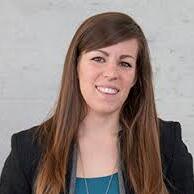
Jennifer Adami
Teacher
Jennifer Adami is a researcher at Institute for Renewable Energy at Eurac Research, Italy. She deals with photovoltaic systems design, focusing on BIPV (Building Integrated Photovoltaic) optimization and analysis of products available on market. She is working in numerous European Projects, mainly involved in the early design phase of BIPV.
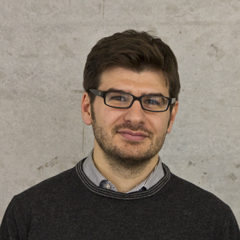
Daniele Antonucci
Teacher
Daniele Antonucci is a senior researcher at the Institute for Renewable Energy at Eurac Research, Italy. He obtained is PhD in Sustainable Energy and Technology at the University of Bolzano in the topic of continuous commissioning of building. In the 2019 he became “International Performance Measurement and Verification Protocol” certifier.
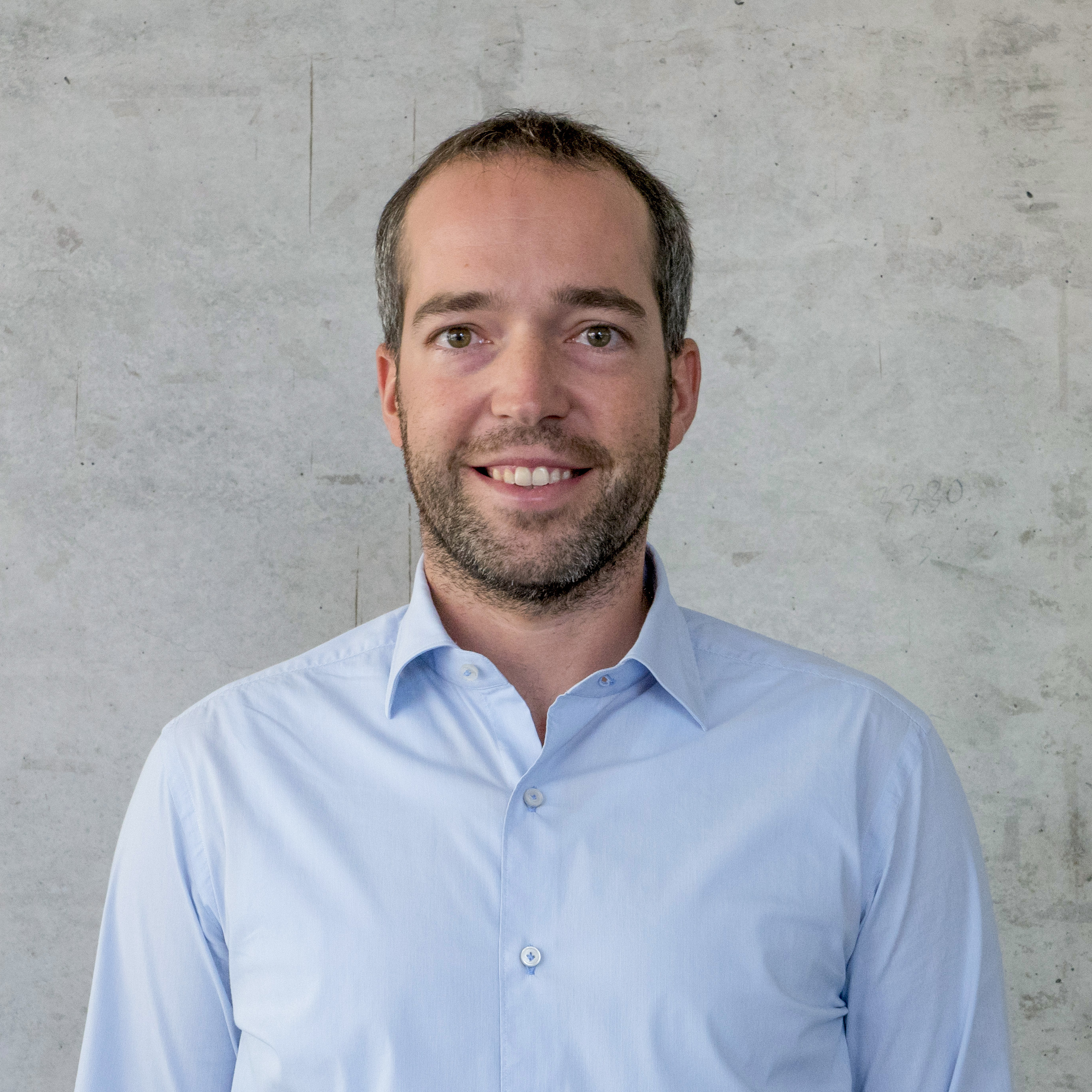
Francesco Babich
Teacher
Francesco Babich works as senior researcher at the Institute for Renewable Energy at Eurac Research leading the indoor environmental quality (IEQ) area. He is the coordinator of the projects ERDF “New-Air” and H2020 “MEZeroE”. He is a member of the ASHRAE TC2.1 “Physiology and Human Environment”, TC2.3 “Gaseous Air Contaminants and Gas Contaminant Removal Equipment”, and TC4.10 “Indoor Environmental Modeling”, and two IBPSA sub-committees.
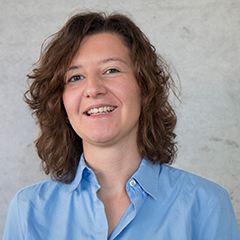
Annamaria Belleri
Teacher
Annamaria Belleri is senior researcher at the Institute for Renewable Energy at Eurac Research, Italy. She completed her PhD in Energy and Environment Technology at the University of Bergamo (Italy). Her research is focused on ventilation solutions, strategies and design methods to effectively ventilate buildings, exploiting natural ventilation potential to improve indoor environment quality and to reduce building energy consumption. Currently she coordinates the H2020 Cultural-E project on Plus Energy Buildings.
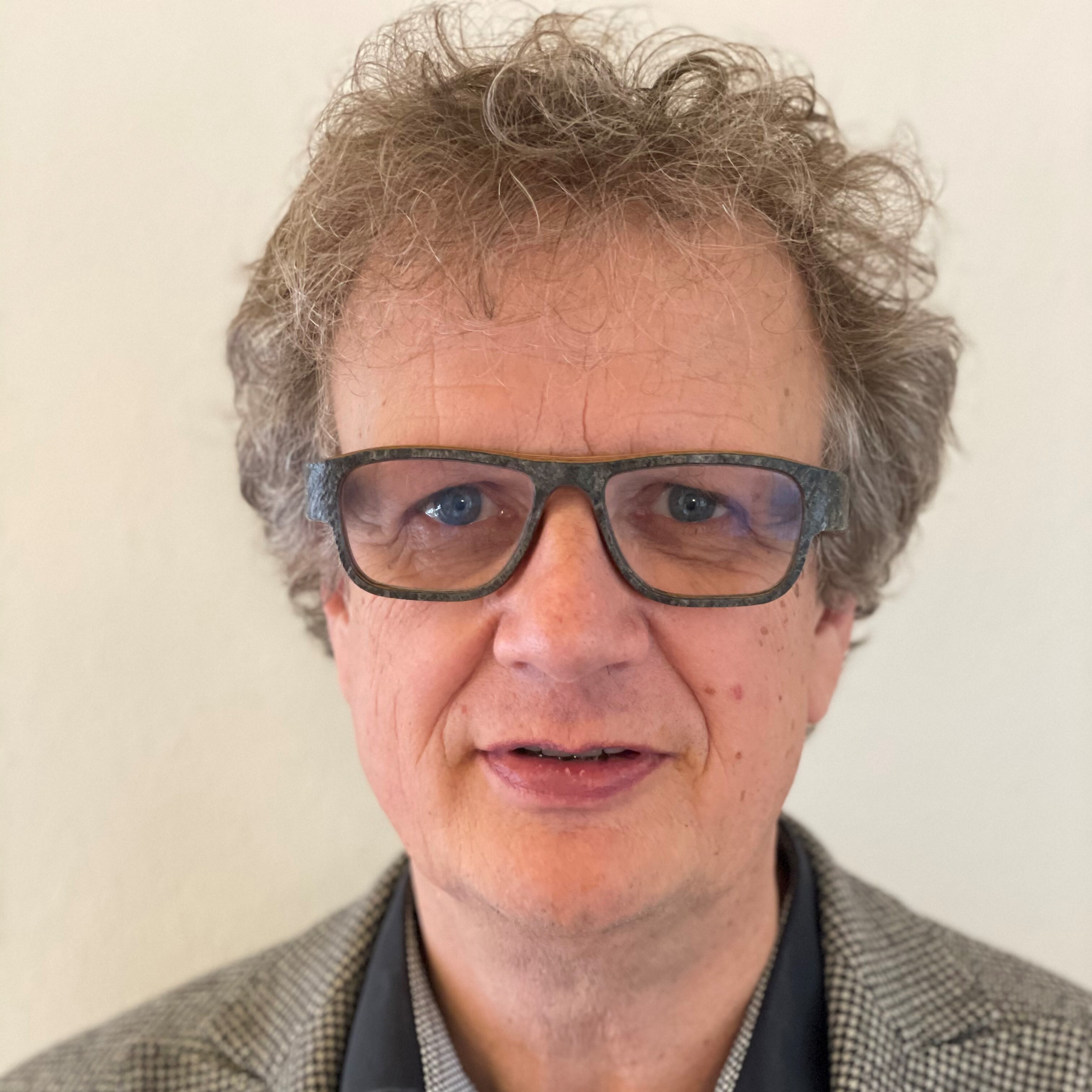
Chiel Boonstra
Teacher
Chiel Boonstra is founder of the company Trecodome in the Netherlands. He is involved in real life deep renovation projects. He has holistic and practical knowledge about renewable energy systems, urban infrastructure, buildings and its residents. He works for industry partners, building owners, designers, governments, and innovation partners. He is also board member for the International Solar Energy Society.
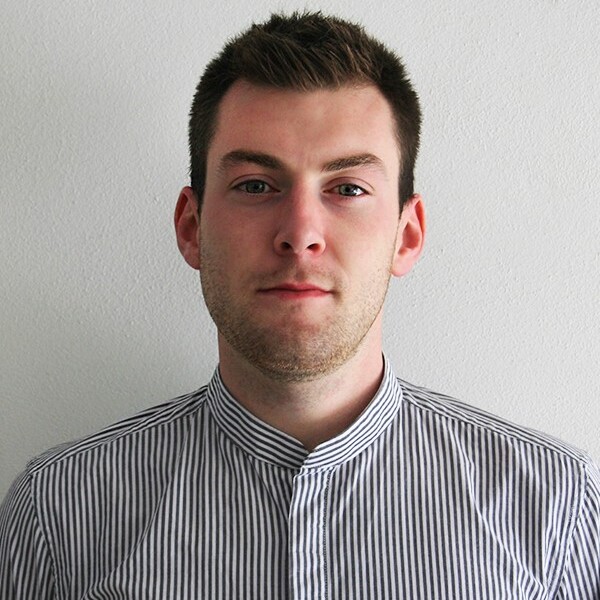
Mattia Dallapiccola
Teacher
Mattia Dallapiccola is a researcher at the Institute for Renewable Energy at Eurac Research, Italy, where he works mainly in the field of photovoltaic systems. His studies focus mainly on building integrated photovoltaic systems and renewable energy communities. In the last years, he worked on the topic of optimization of photovoltaic systems in the early design phase of residential and office buildings.
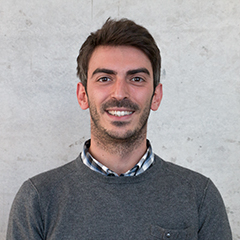
Giuseppe De Michele
Teacher
Giuseppe De Michele is a postdoctoral researcher at the Institute for Renewable Energy at Eurac Research. He carries out his research within the Energy Efficient Building group focusing on the development of methodologies to evaluate the performance of complex fenestration systems by means of simulation and measurement.
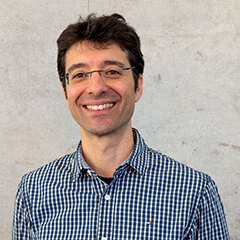
Roberto Lollini
Teacher
Roberto Lollini is head of the “Energy Efficient Buildings” research group within the Institute for Renewable Energy at Eurac Research. He coordinates several European H2020 projects, among them the 4RinEU project. He holds the role of national representative within the International Energy Agency Energy in Buildings and Communities Programme (IEA EBC). His expertise includes building physics, performance measurement and verification, development of building technology solutions for regenerative indoor environment.
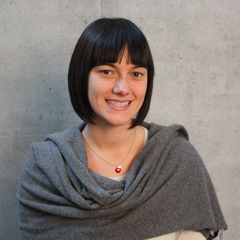
Laura Maturi
Teacher
Laura Maturi is a senior researcher and EU H2020 project coordinator at the Institute for Renewable Energy at Eurac Research. She holds a MSc in Architectural Engineering and a PhD in Environmental Engineering. She has been working for more than 10 years in the field of renewable energies. She is part of the board of directors of the ItaliaSolare Association, where she also coordinates the Research and Development working group.
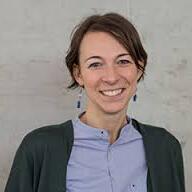
Roberta Pernetti
Teacher
Roberta Pernetti is a researcher at the University of Pavia, formerly senior researcher at the Institute for Renewable Energy of Eurac. She worked in several EU-funded projects, coordinating scientific research in the field of NZEBs and building renovation and energy flexibility. Currently, her research is focused on indoor environmental quality and comfort of working environment.
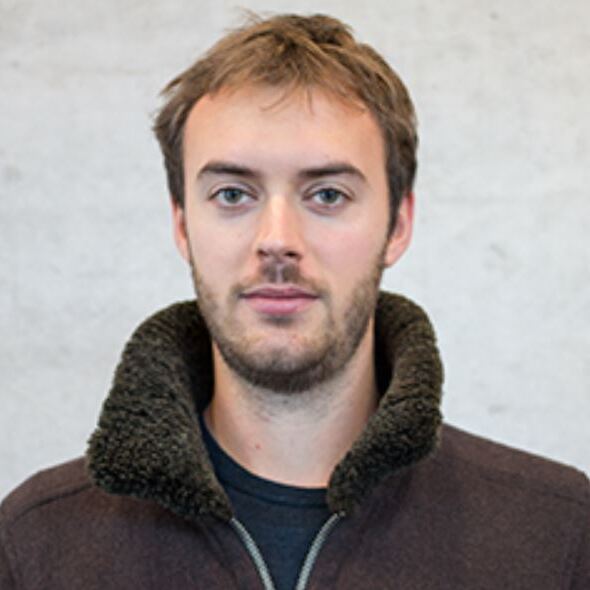
Riccardo Pinotti
Teacher
Riccardo Pinotti is a postdoctoral researcher at the Institute for Renewable Energy at Eurac Research, Italy. His main research area is in the field of retrofit of existing buildings using prefabricated multifunctional façade systems. The assessment of energetic performances of buildings and the hygrothermal analyses of the envelope are also part of his knowledge.
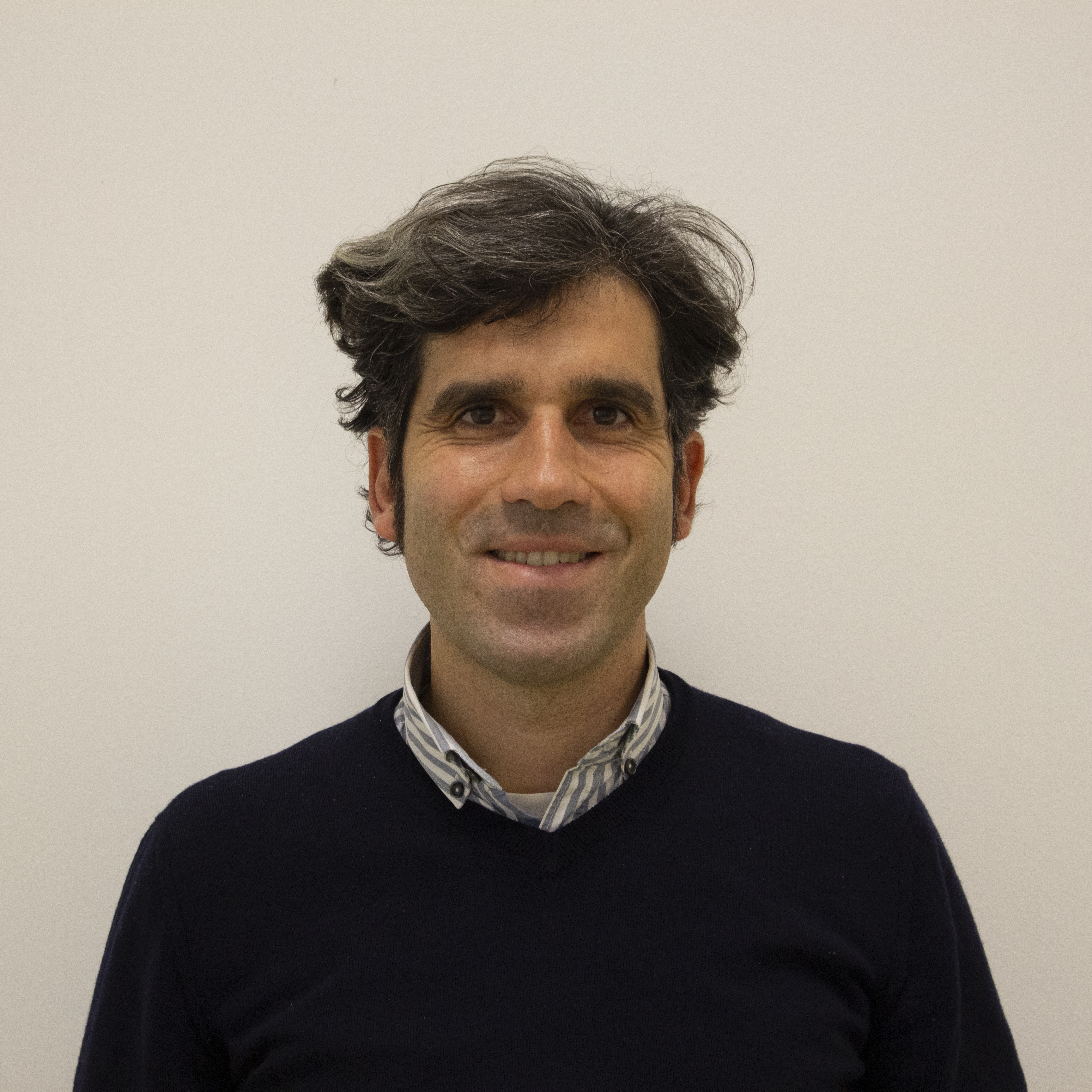
Graziano Salvalai
Teacher
Graziano Salvalai is Associate Professor at Politecnico di Milano, where he chairs the courses on Energy Efficient Building and on Technology of Building Components. He is the scientific director of the Building Energy Efficiency (BEE) Team at Politecnico di Milano and responsible of the BEE Pilot Plant. He is scientific director of several funded projects. He is author of more than 100 publications.
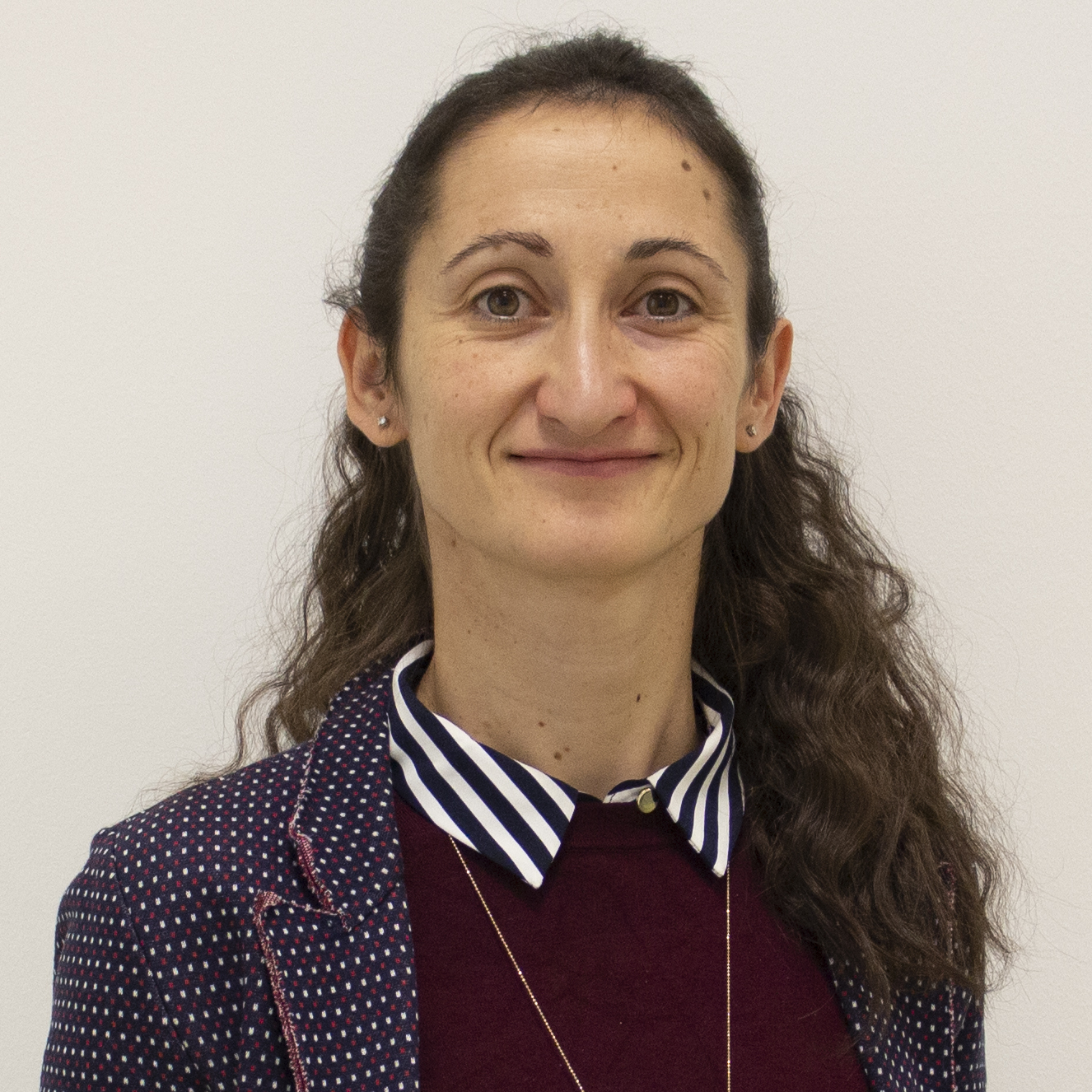
Marta Maria Sesana
Teacher
Marta Maria Sesana is PhD in building engineering and technical responsible of the BEE Pilot Plant and research specialist at the Lecco Campus of Politecnico di Milano. She is part of the Building Energy Efficiency (BEE) Team and project manager of the respective national and international projects. She is author of several publications on deep renovation, building simulation and energy efficiency.
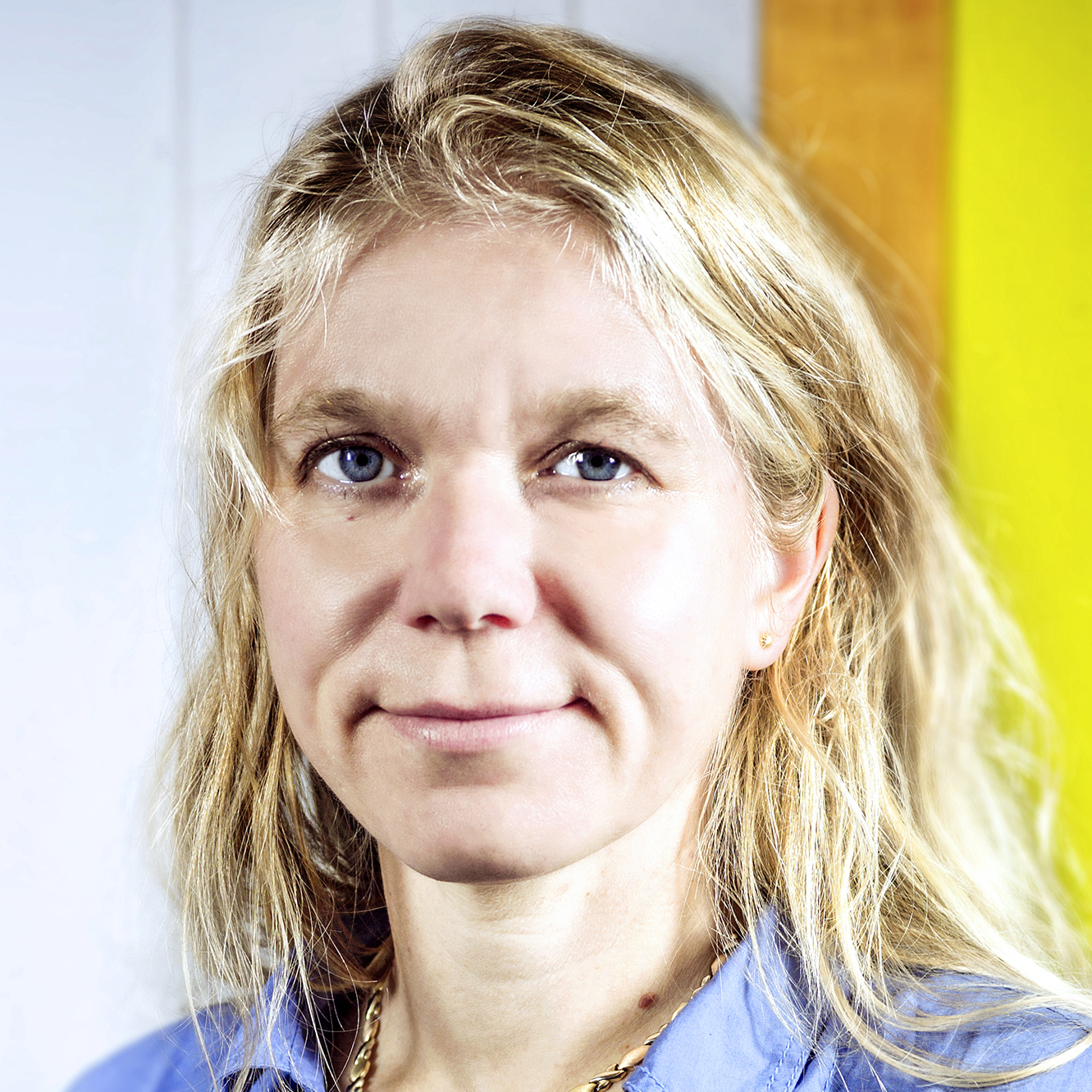
Kari Thunshelle
Teacher
Kari Thunshelle is a senior researcher at SINTEF, Norway, where she leads and undertakes research in national and international projects in the field of sustainable energy efficient buildings and neighbourhoods, indoor environmental quality and ventilation. She works closely with education of students at Oslo Metropolitan University and Norwegian University of Life Science. She is for the last 20 years also the leader of SINTEF Education for the ventilation industry.
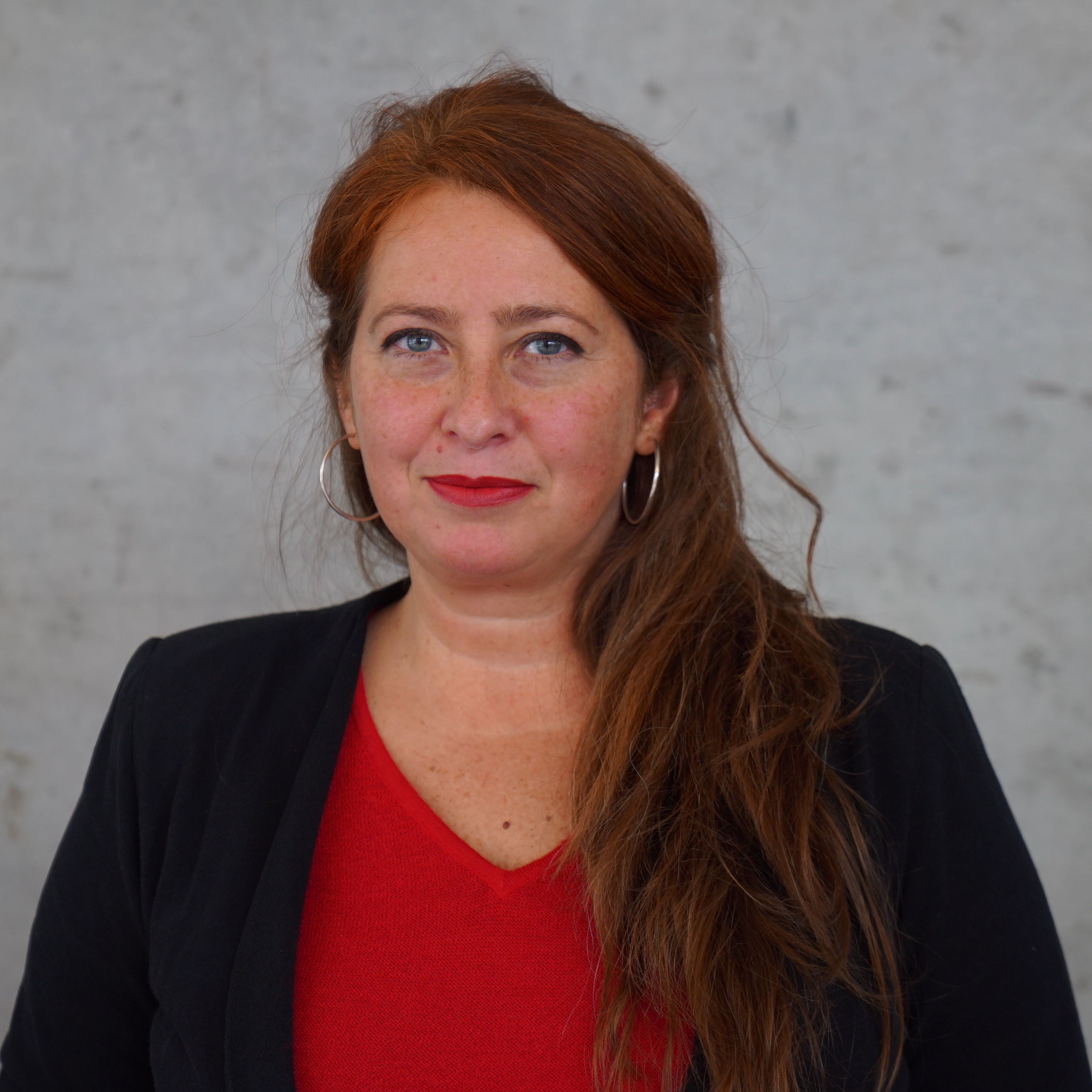
Linda Toledo
Teacher
Linda Toledo is the course convenor of this MOOC. She is a postdoctoral researcher at the Institute for Renewable Energy at Eurac Research, Italy. With an architectural background and a PhD in Sustainable Buildings, her research benefits from experiences in Italy, UK, and Perú, across different themes of the sustainable built environment (i.e. thermal comfort, low carbon design and climate change adaptation).
Contact details
If you have any enquiries about the course or if you need technical assistance please contact pok@polimi.it. For further information, see FAQ page.